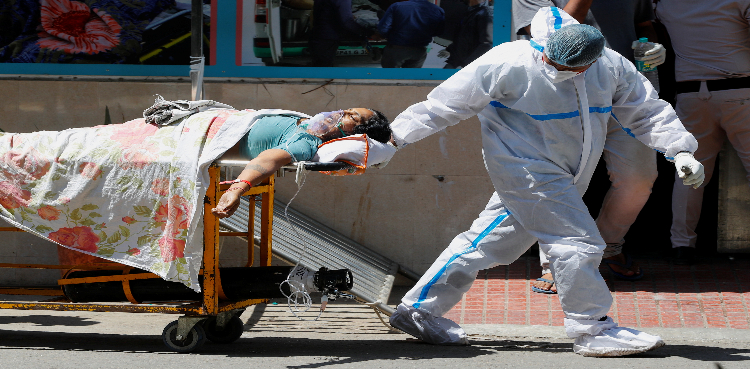The Khyber Pakhtunkhwa government Monday requested the Supreme Court to withdraw the former provincial caretaker government’s appeal against the top court’s October 23 judgment, declaring the military trial of civilians null and void.
Presenting a resolution passed by the provincial cabinet led by KP Chief Minister Ali Amin Gandapur, the government’s lawyer said the government wants to withdraw the intra-court appeal.
However, the apex court maintained that the appeal on cabinet resolutions cannot be returned, directing the KP government’s counsel to file a formal application to withdraw the appeal.
In November last year, KP caretaker government, along with that of the federal and other provinces, filed intra-court appeals against the apex court’s October 23 verdict which was issued by a five-member bench.
In its decision, the top court declared civilians’ trials in military courts null and void in the May 9 riots, triggered by the arrest of Pakistan Tehreek-e-Insaf (PTI) founder Imran Khan in a corruption case.
It also held that 103 persons and others who may be placed in relation to the events arising from May 9 and 10 could be tried by criminal courts established under the ordinary or special law of the land.
PTI and others approached the top court against the military trials on the grounds that they lacked transparency.
The KP government showed its intention to take back the appeal when a six-member bench headed by Justice Aminuddin Khan took up the pleas today.
At the outset of the hearing, the lawyer of former chief justice (retd) Jawad S Khawaja — one of the petitioners — objected to the bench overseeing the matter.
The counsel said his client objected to the size of the bench, stating that it should have been bigger.
The lawyer, therefore, requested the formation of a nine-member bench. He said that this case’s decision should not be marred by a question over the composition of the bench and how the verdict could have been different if a nine-member bench was to hear its proceedings.
“It is a matter of public trust in this institution. The court should ask the committee to constitute a nine-member bench,” the counsel said.
Sharing his views on the formation of the bench, the lawyer of one of the petitioners Khawaja Ahmed Hussain — who also previously requested the formation of a nine-member bench — argued it would be appropriate to send the matter again to the judges committee.
“If a 9-member bench had been formed earlier, it would not have been possible to hear the appeals today,” Justice Muhammad Ali Mazhar remarked upon his request.

















































